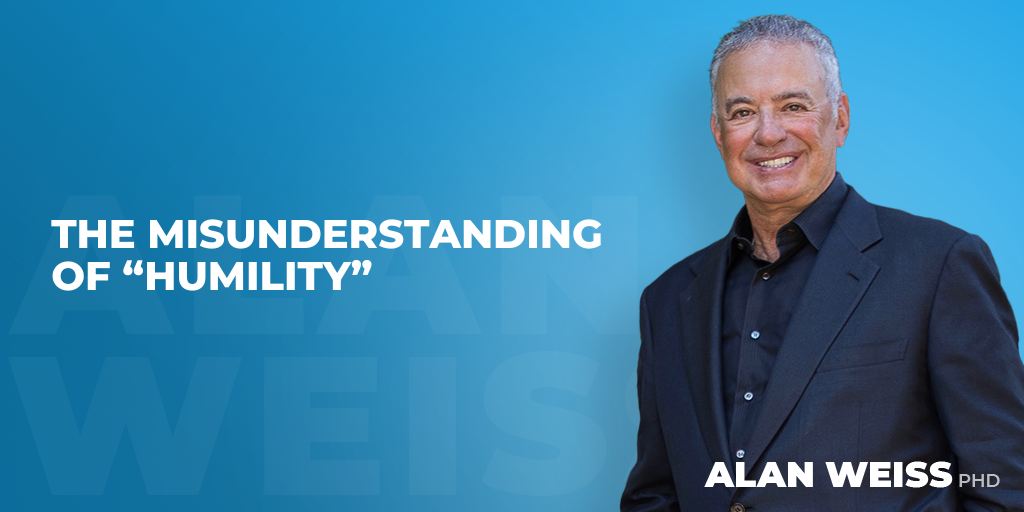The Thieves Amongst Us
A woman named “Mary Leo” has been writing me for two weeks trying to order 200 copies of Million Dollar Consulting. She used no signature file, poor English, and didn’t respond to rudimentary requests from me. I told her that I would ship when the credit card had been cleared by the bank (not just approved on my terminal). After three declines on the terminal, the one acceptance was rejected a week later by the bank. She had given me a California shipping address for the books, and kept insisting they be sent immediately. The credit card numbers were all stolen, of course. And I’d bet that she was really from Nigeria or some other scam center, and not California.
I’ve learned to identify suspect requests and I pass this on to readers who have products to sell: Don’t be over-anxious. There are people who spend more time trying to gain money dishonestly than they would have to invest to make it legitimately.
Along these lines, who would purchase marketing advice from a spammer who sends you blast emails touting a marketing service? Or a web “expert” who first tells you that you have a horrible web site (in other words, you’re stupid)? Or an “investment manager” who calls at 8:30 at night to offer exceptional bargains (why isn’t he retired and living in Tahiti if he’s an “expert” investor)?
The customer isn’t always right, and a source claiming expertise–despite testimonials, “guarantees,” and all sorts of hyperbole–isn’t always expert. Be careful about to whom you sell and from whom you buy. IBM can affort to make a million dollar mistake and live with it, but a small business will be hurt by a $10,000 mistake. And if you actually believe that someone in Africa wants to send you a million dollars to get it safely out of the country, I’d suggest you find someone to get you to rehab.



